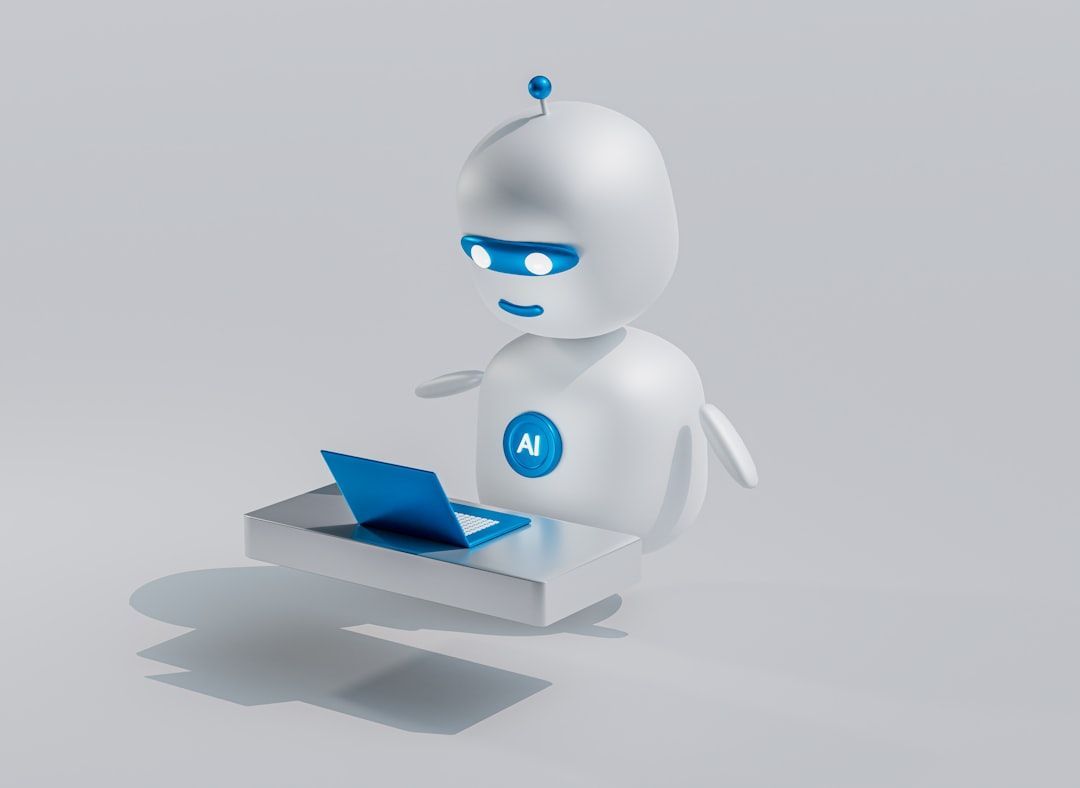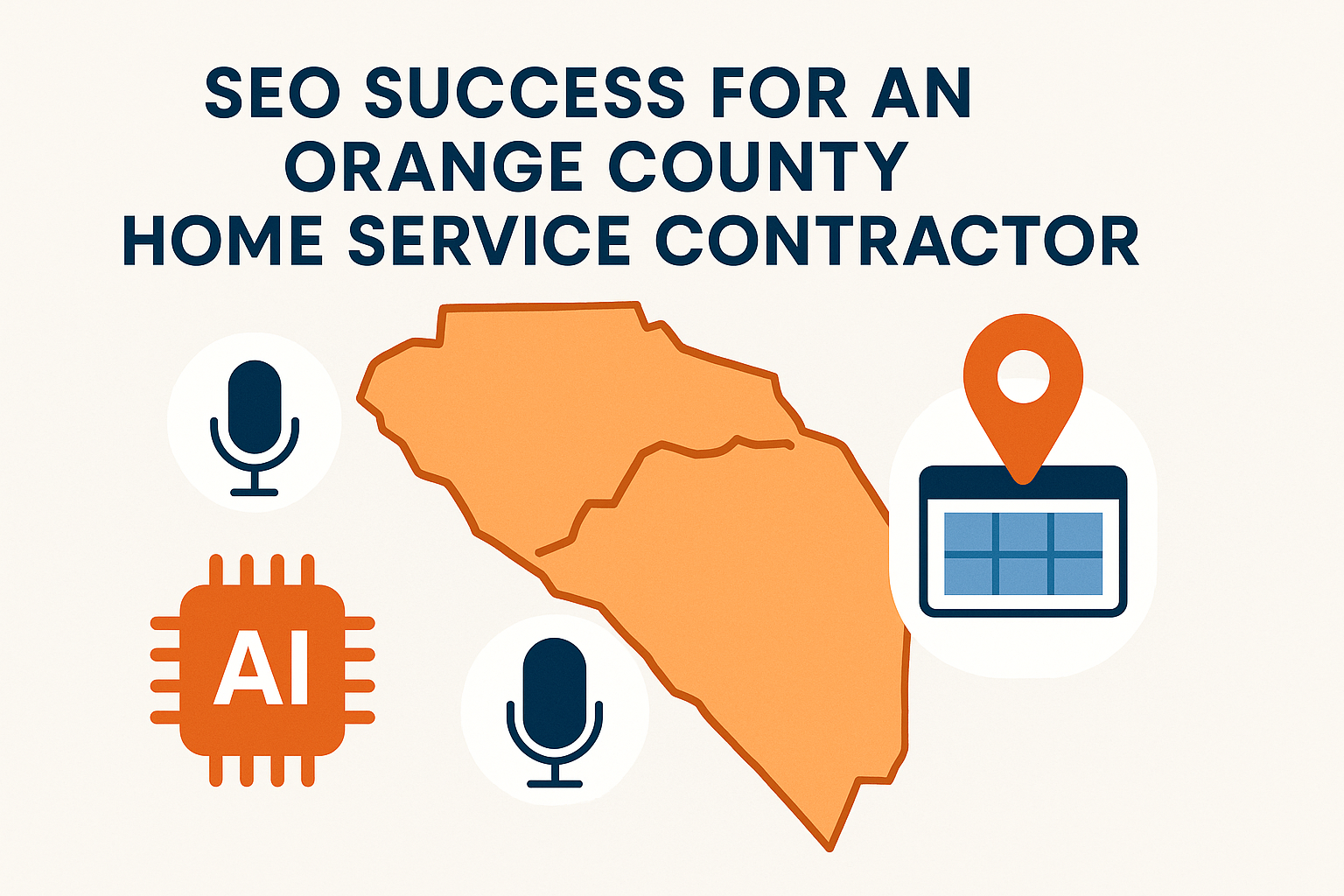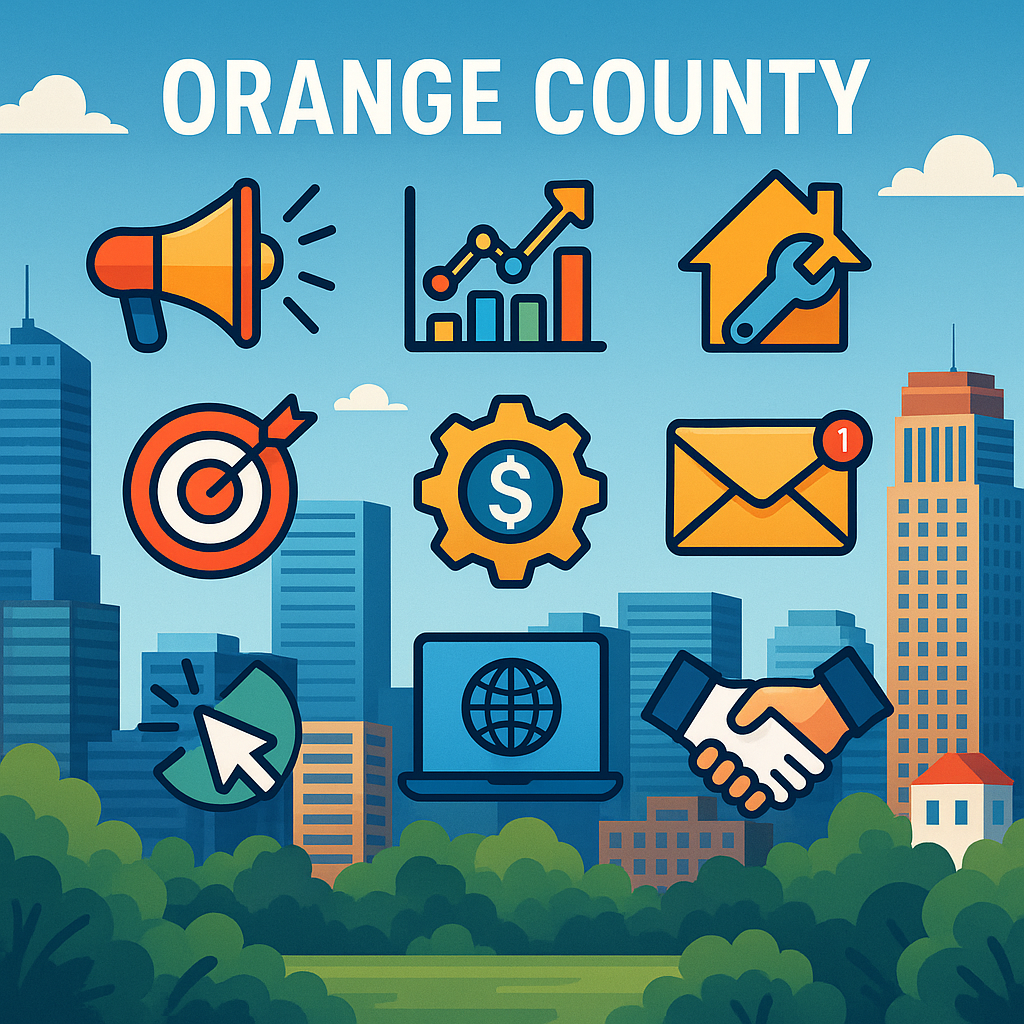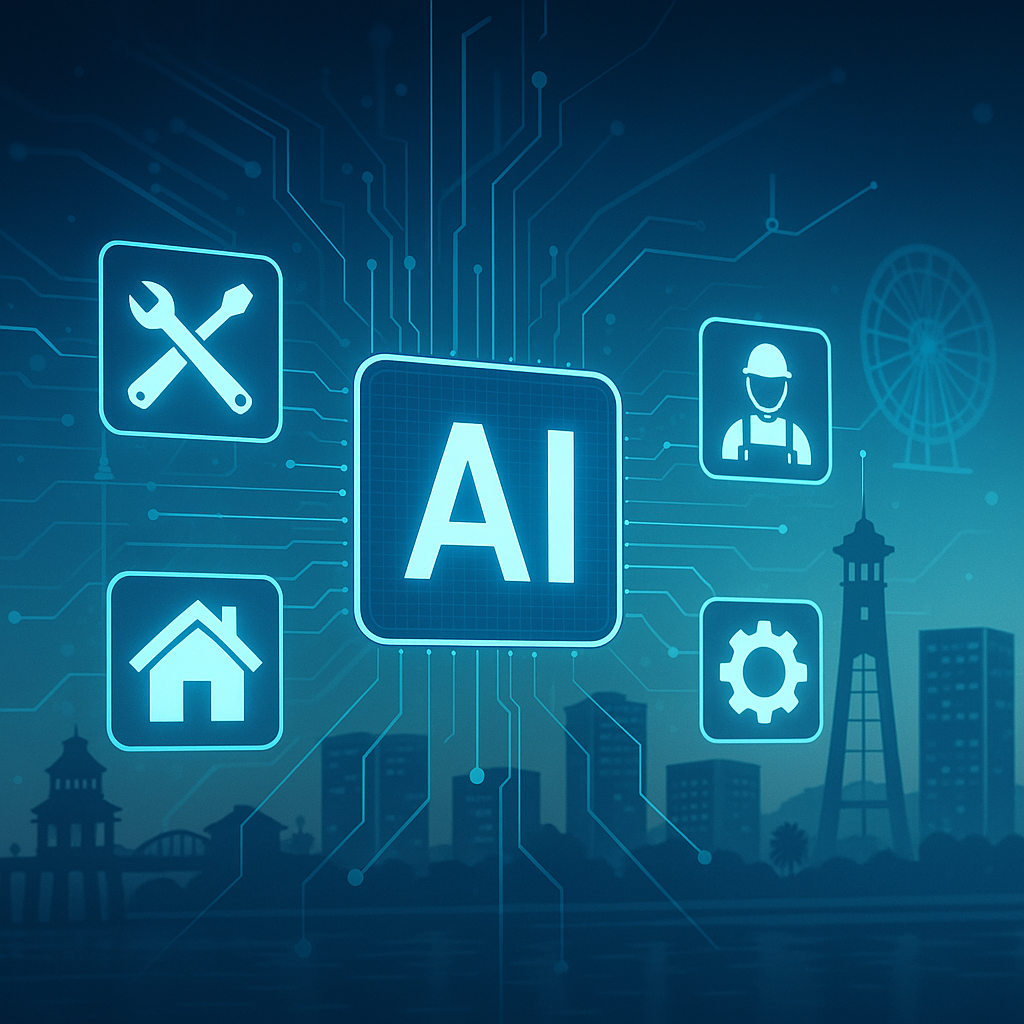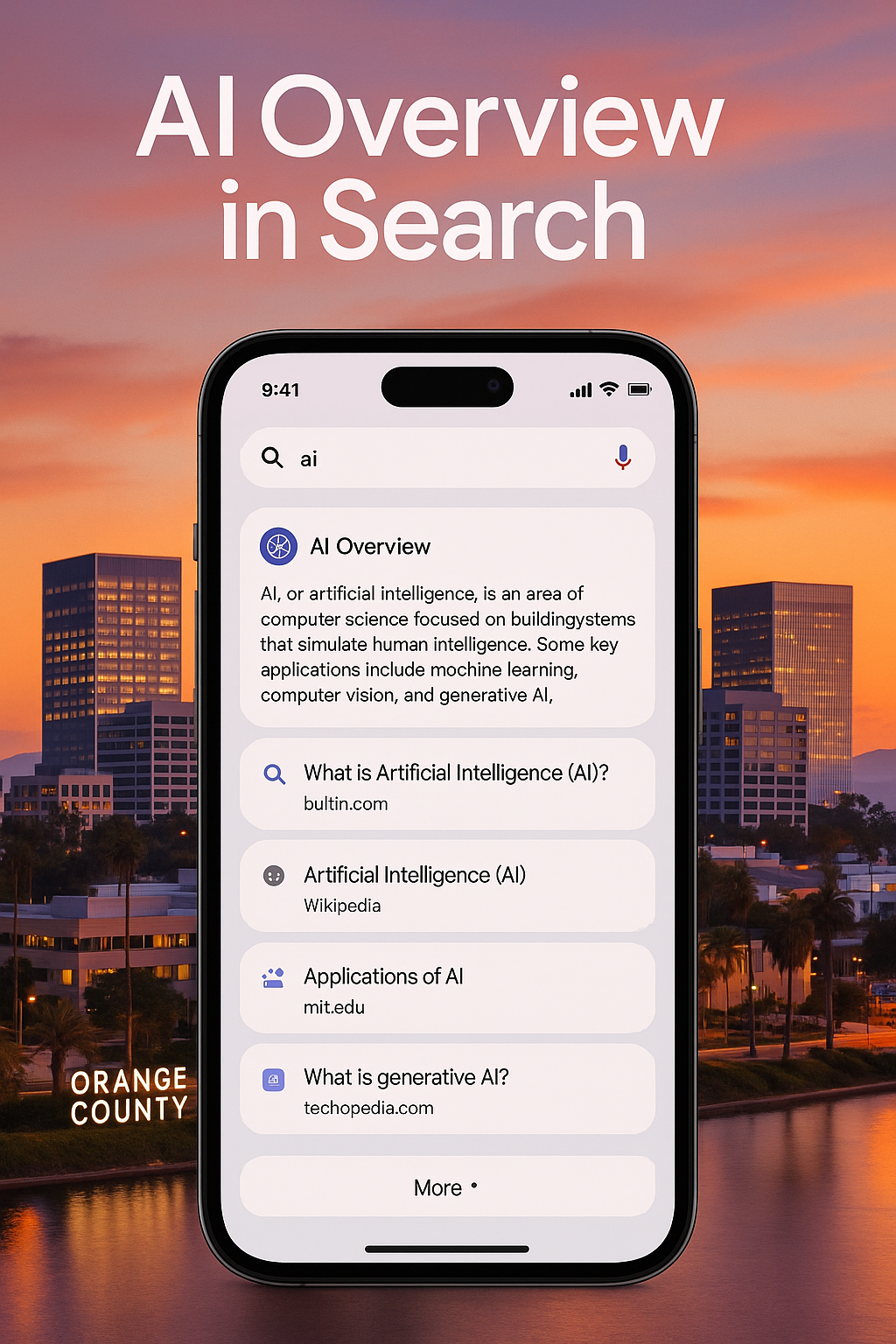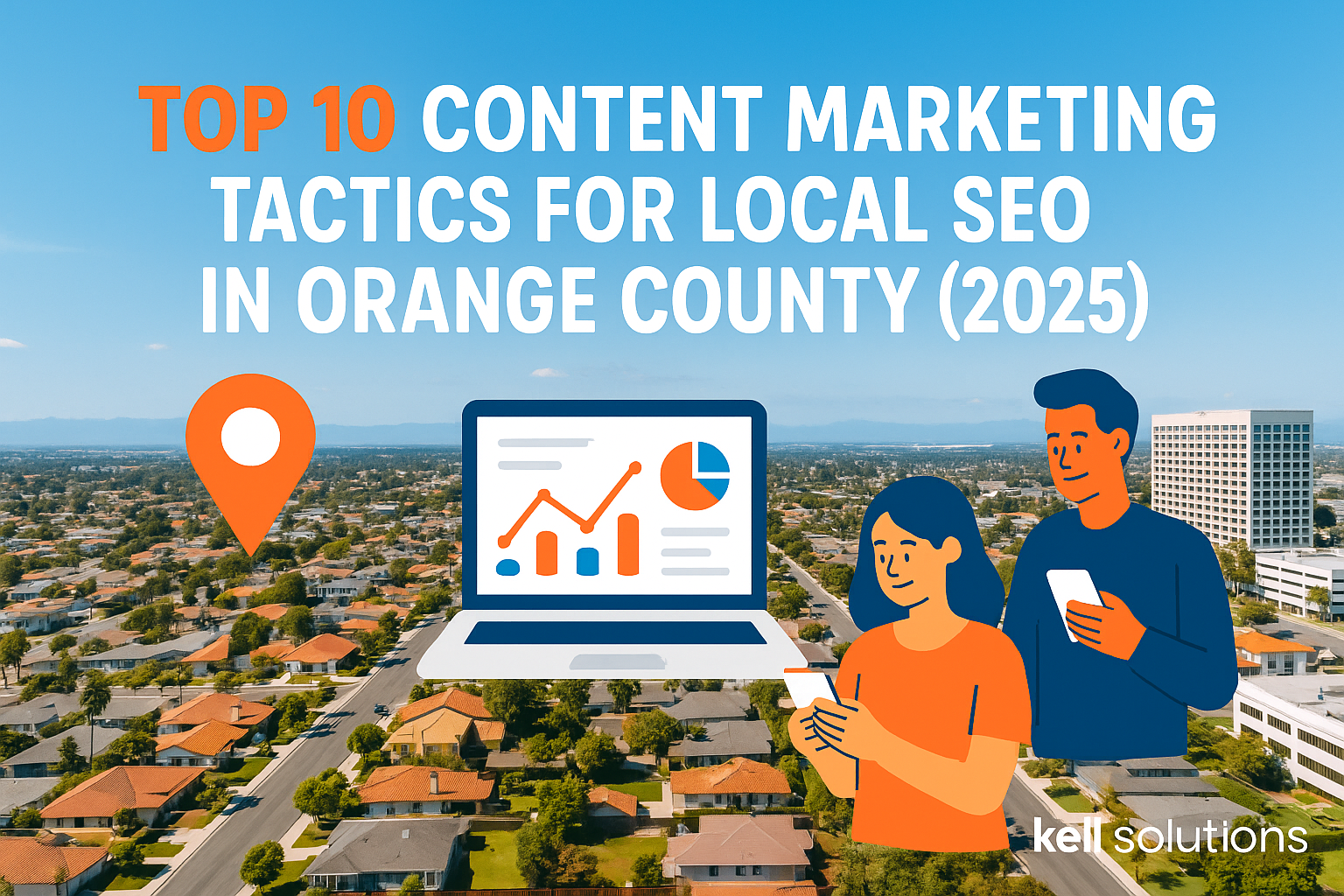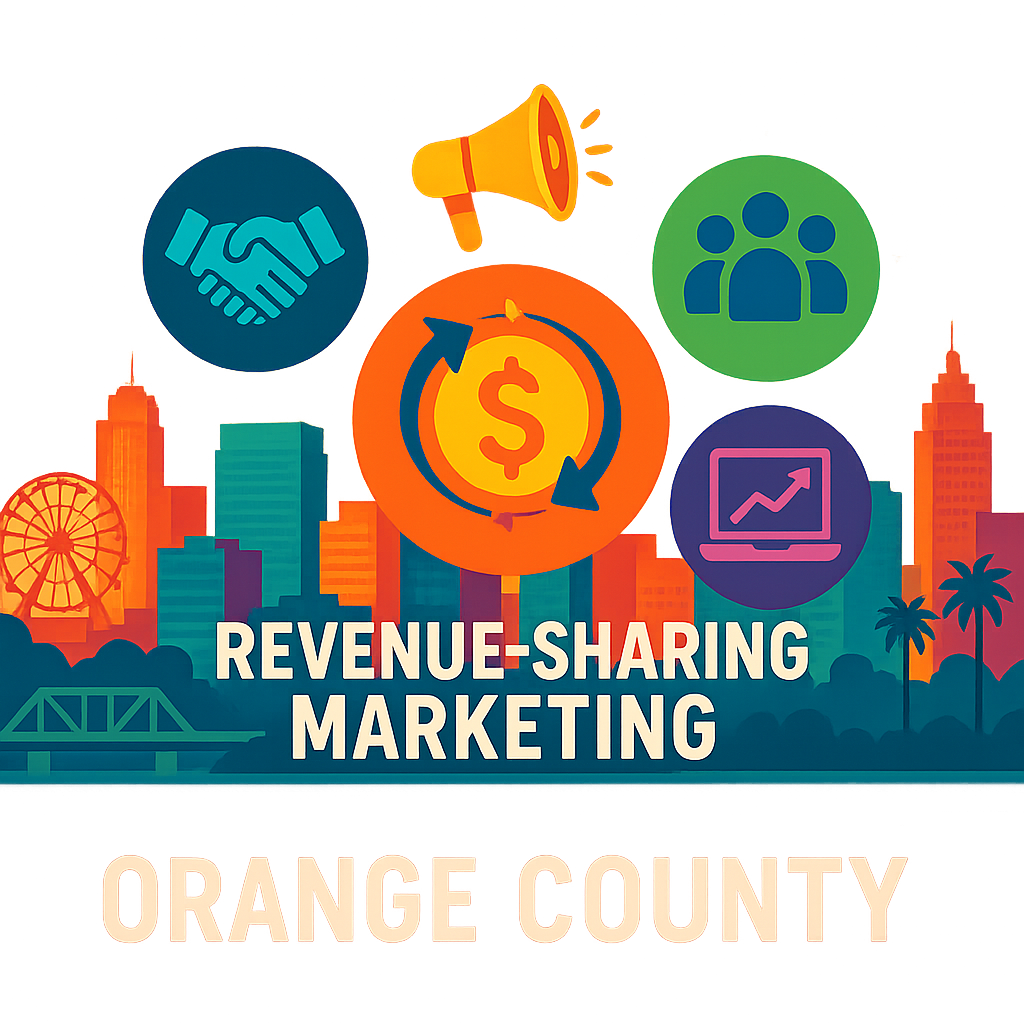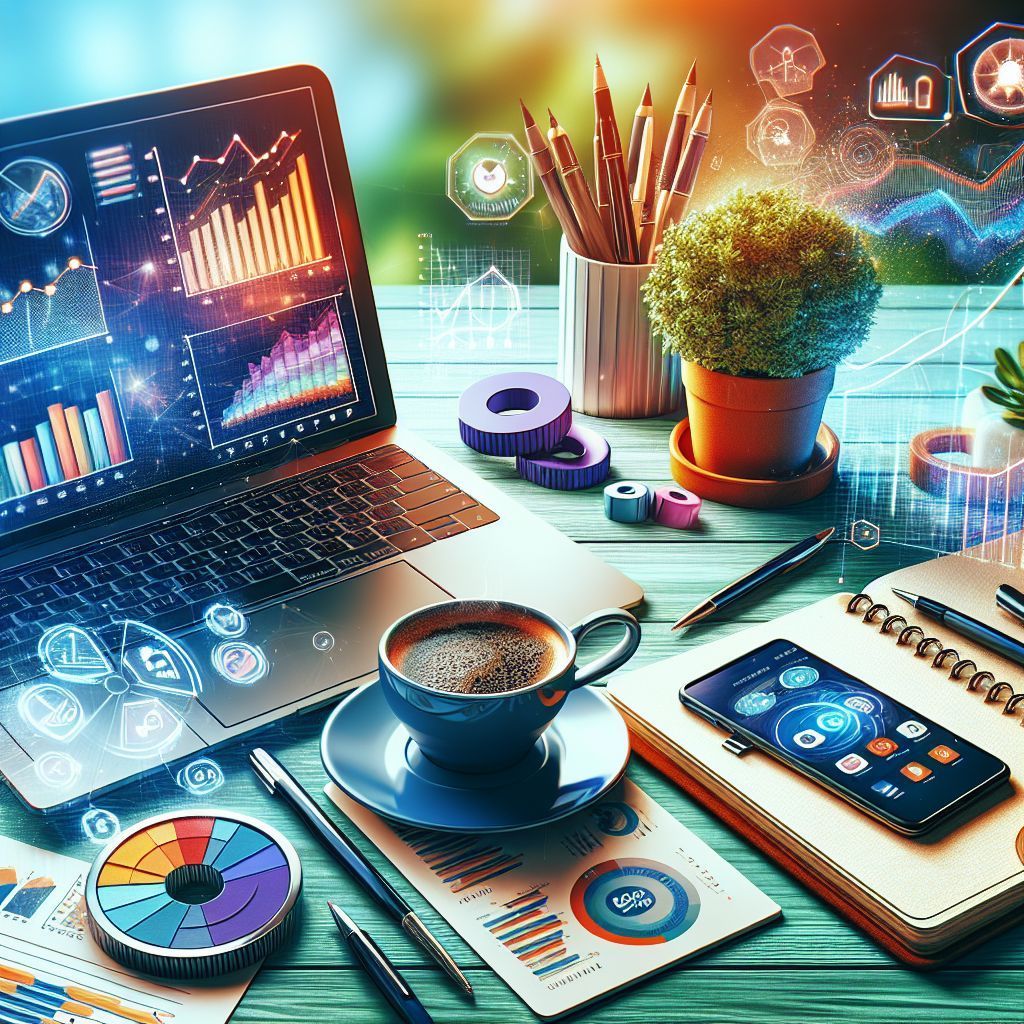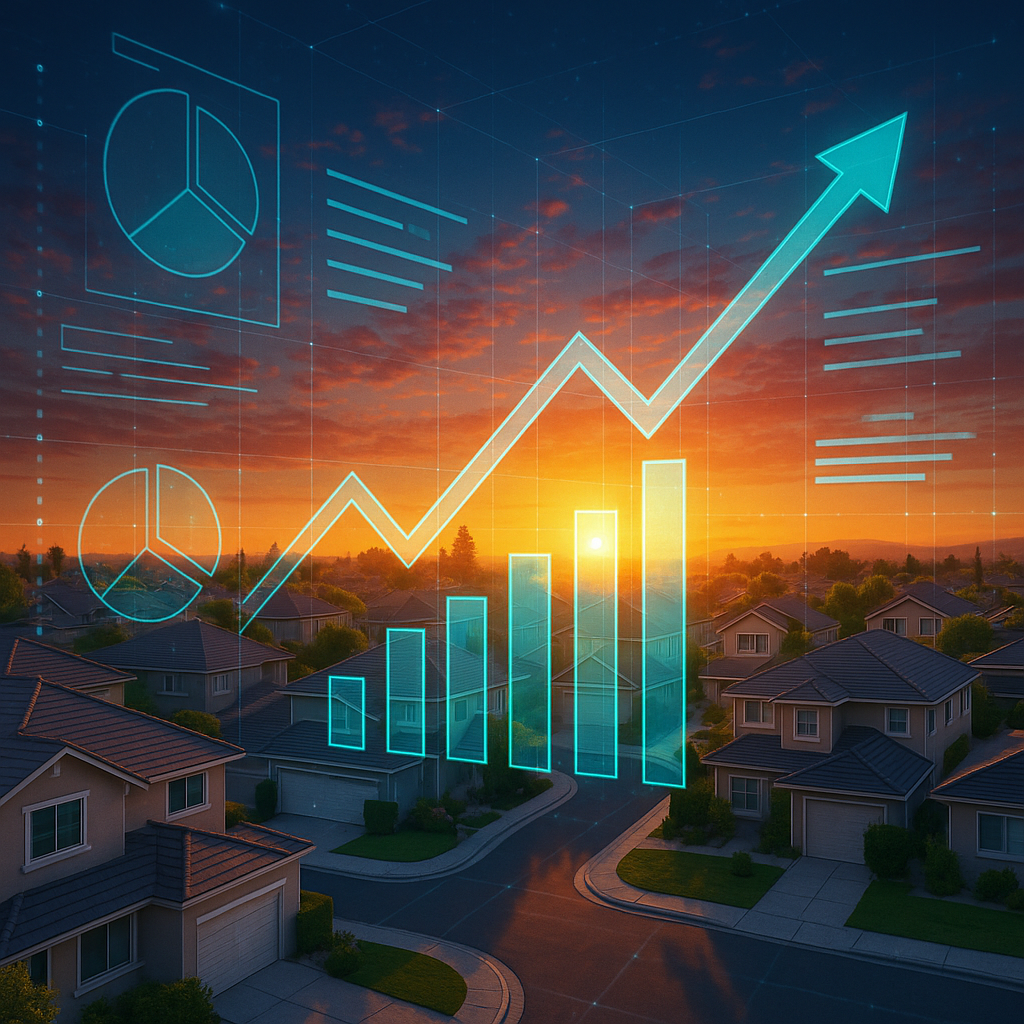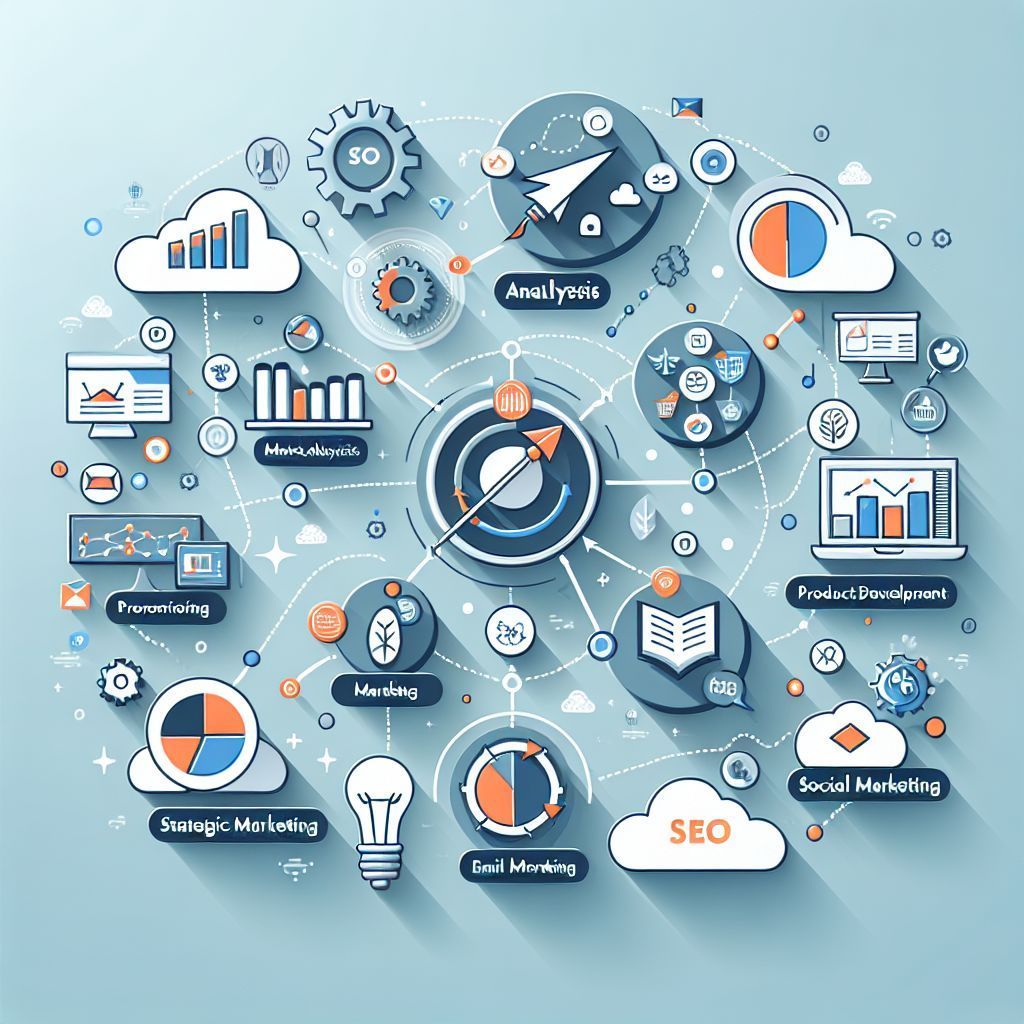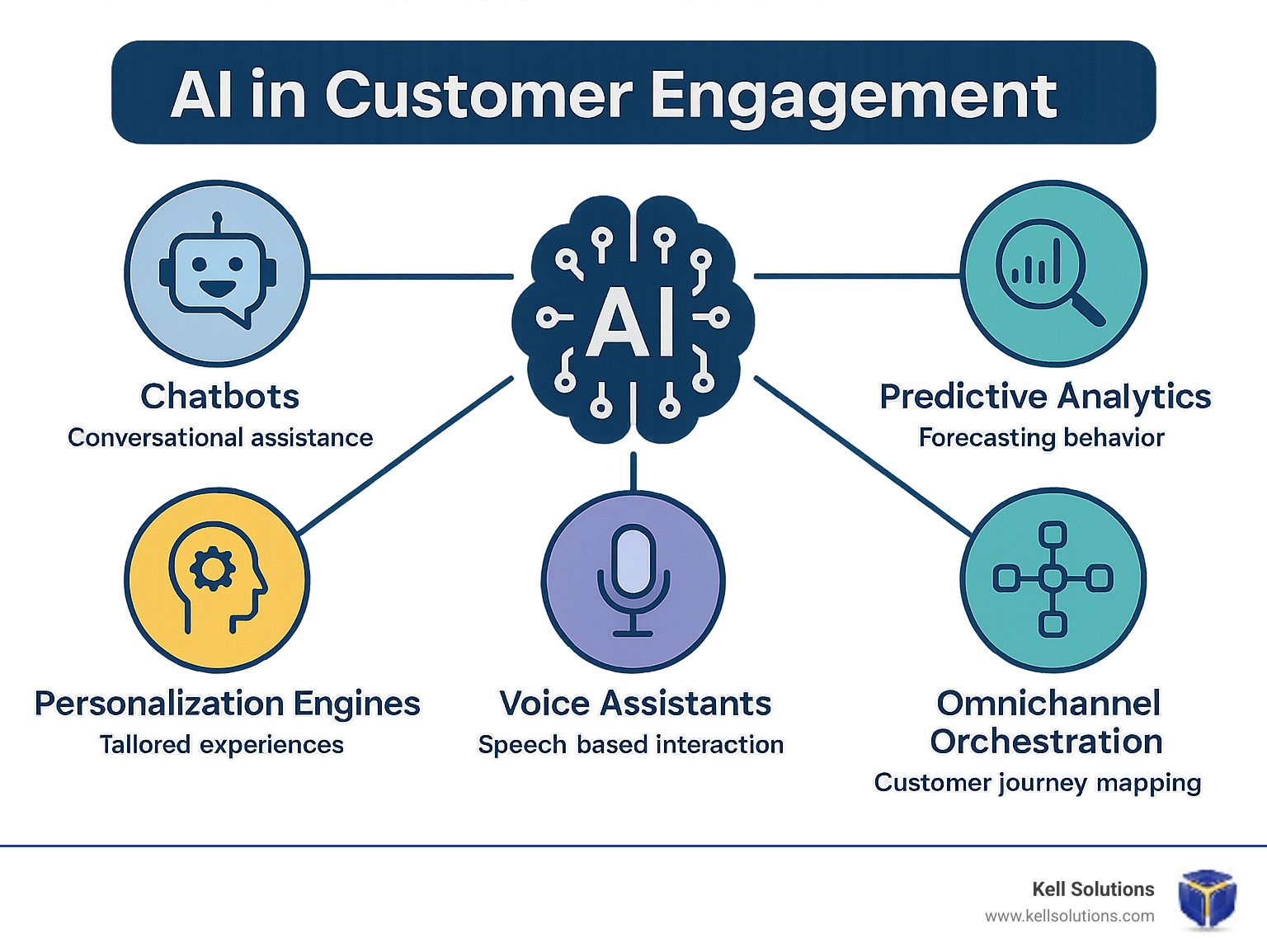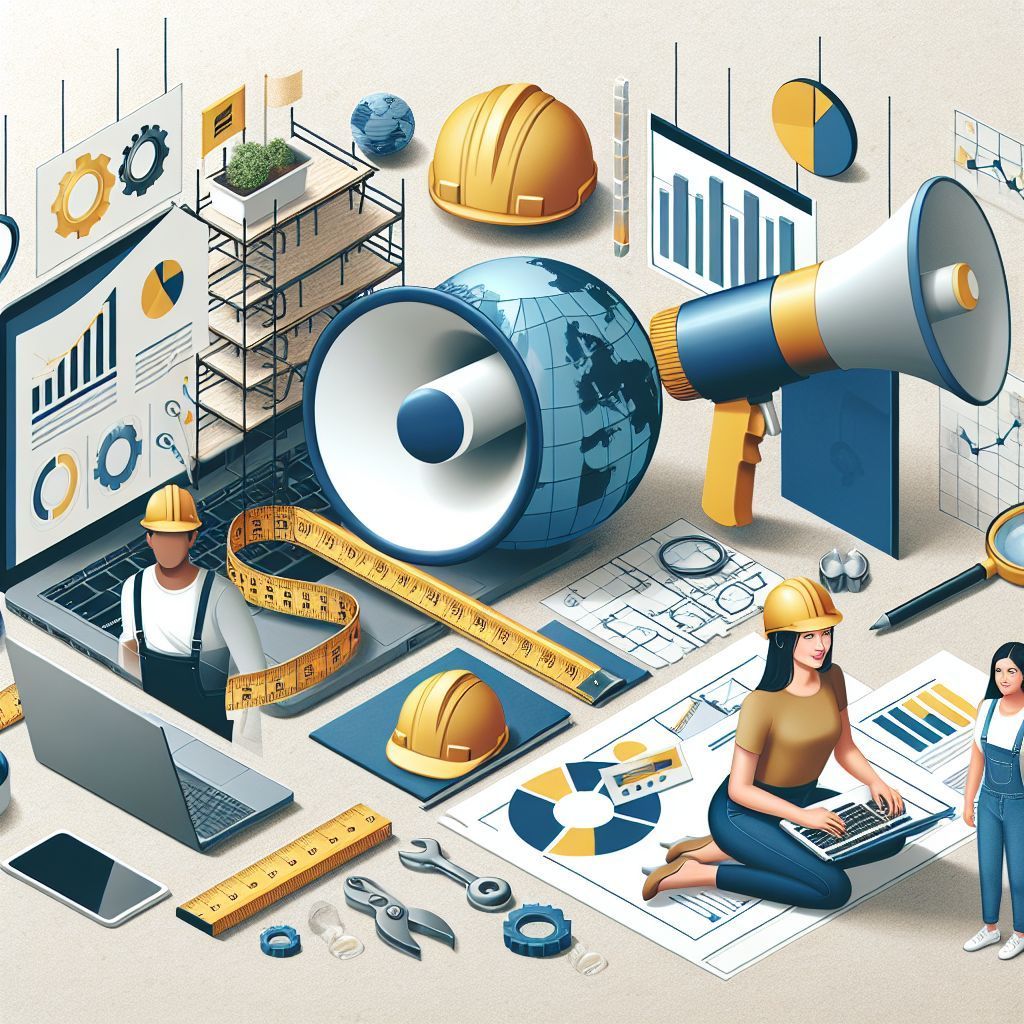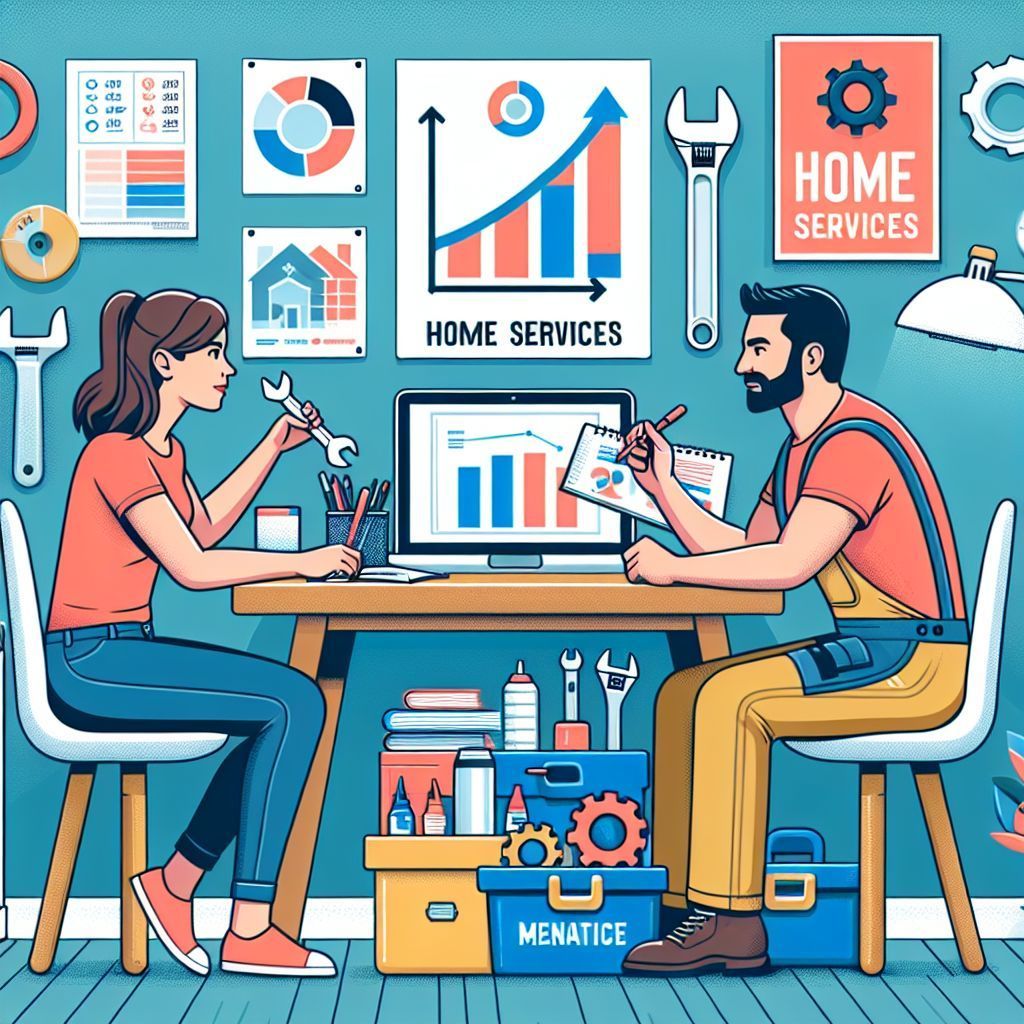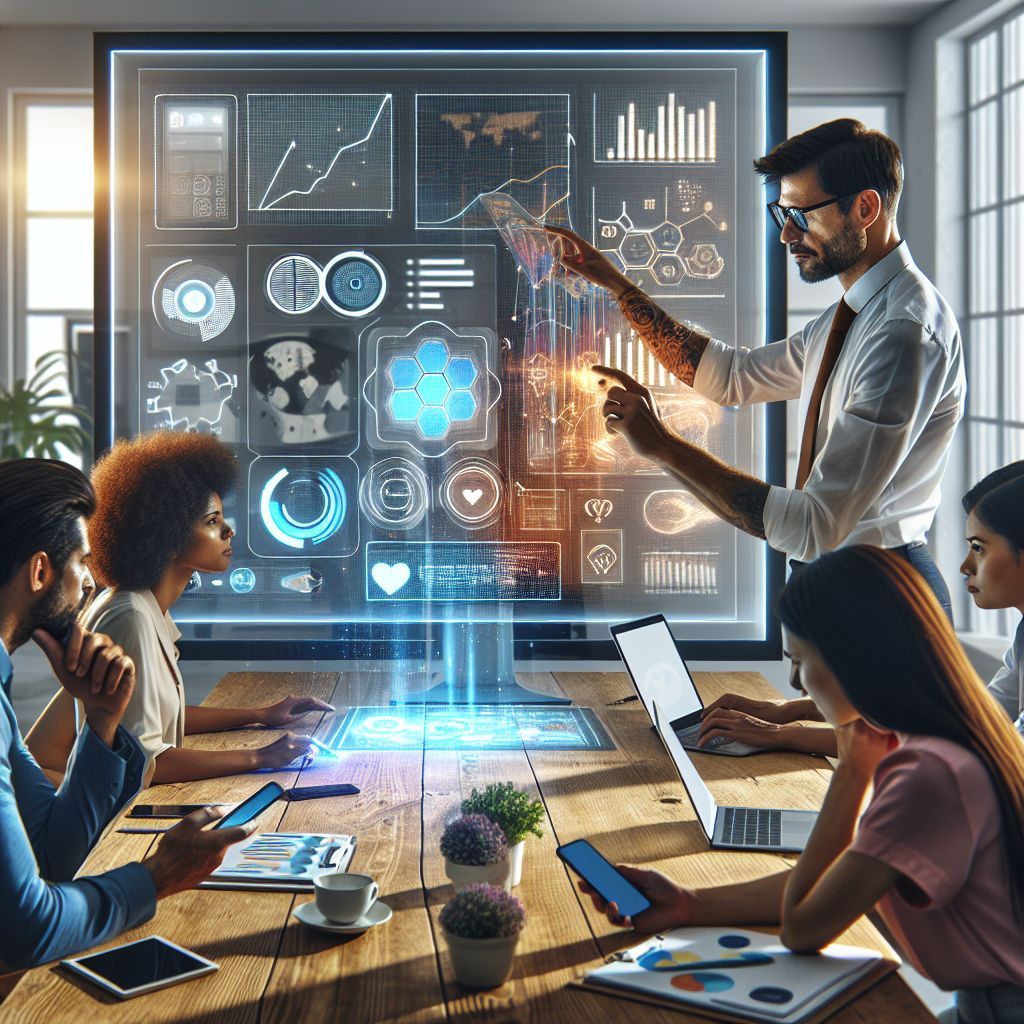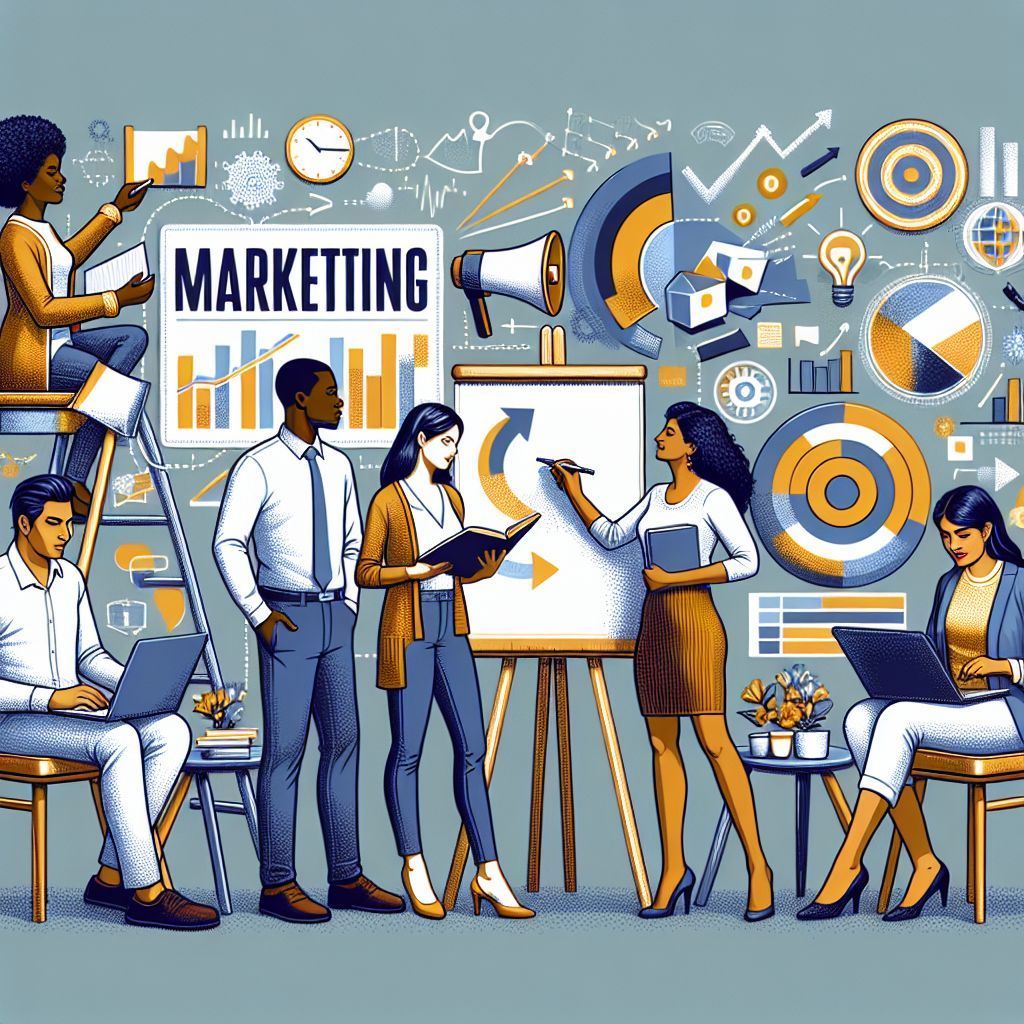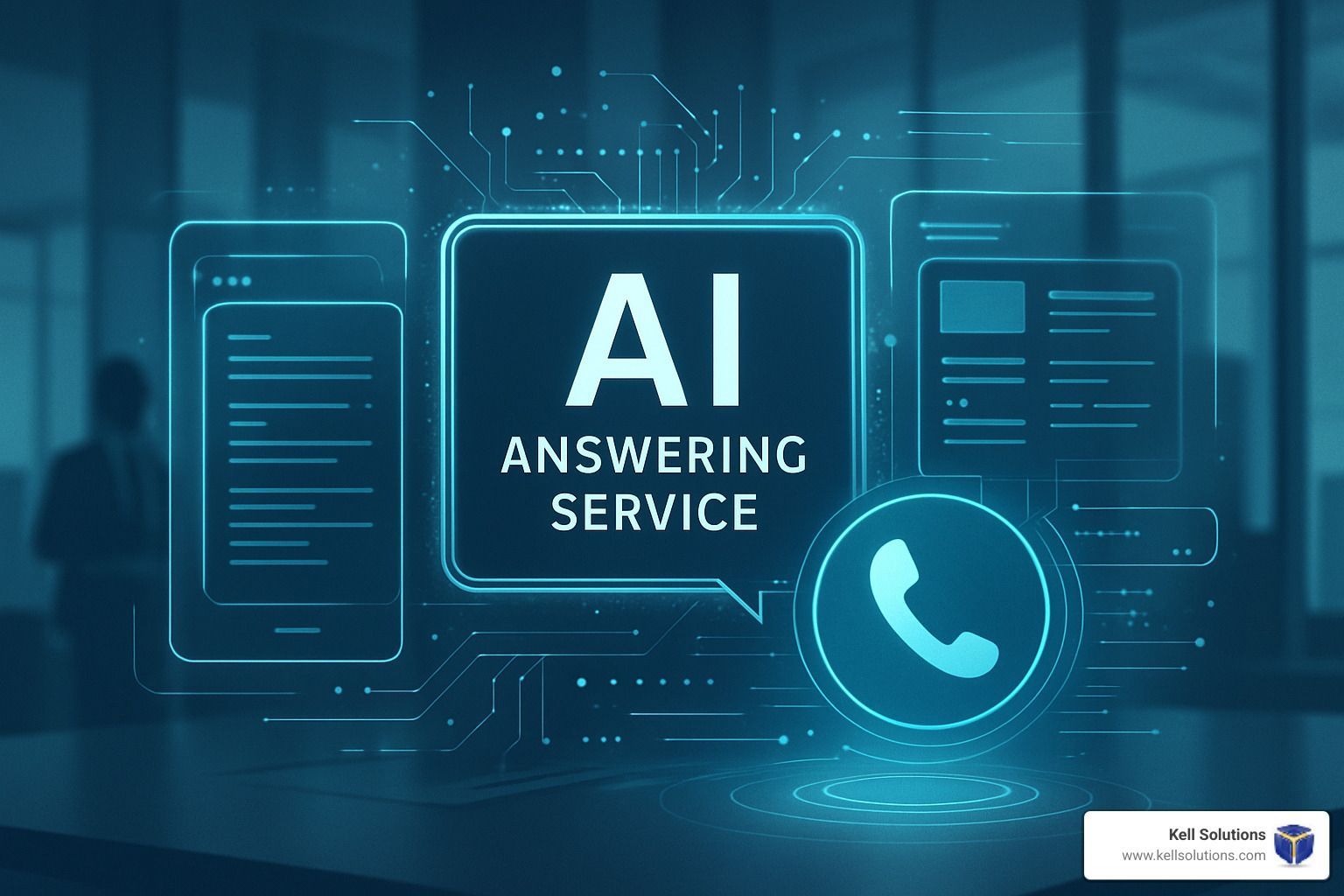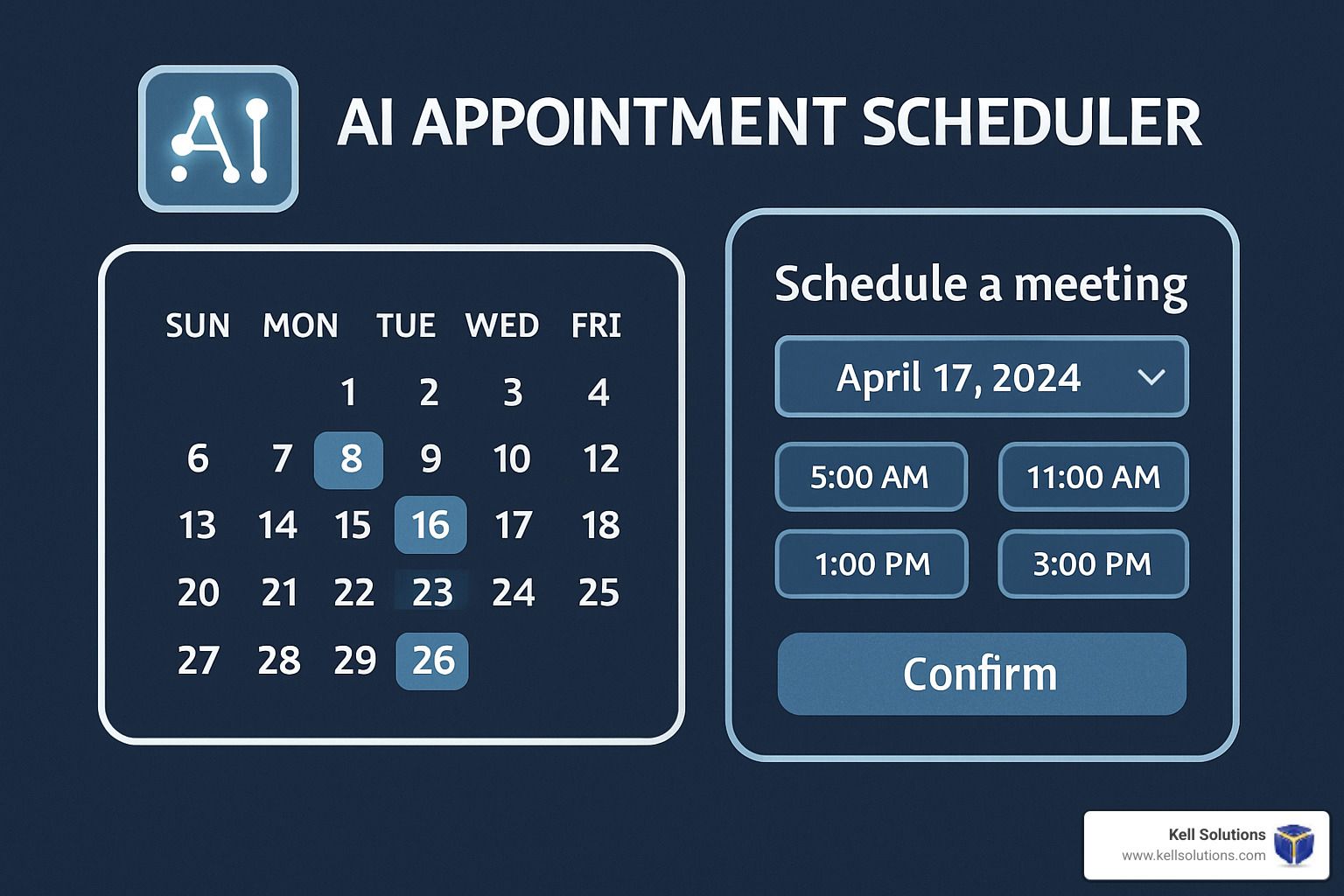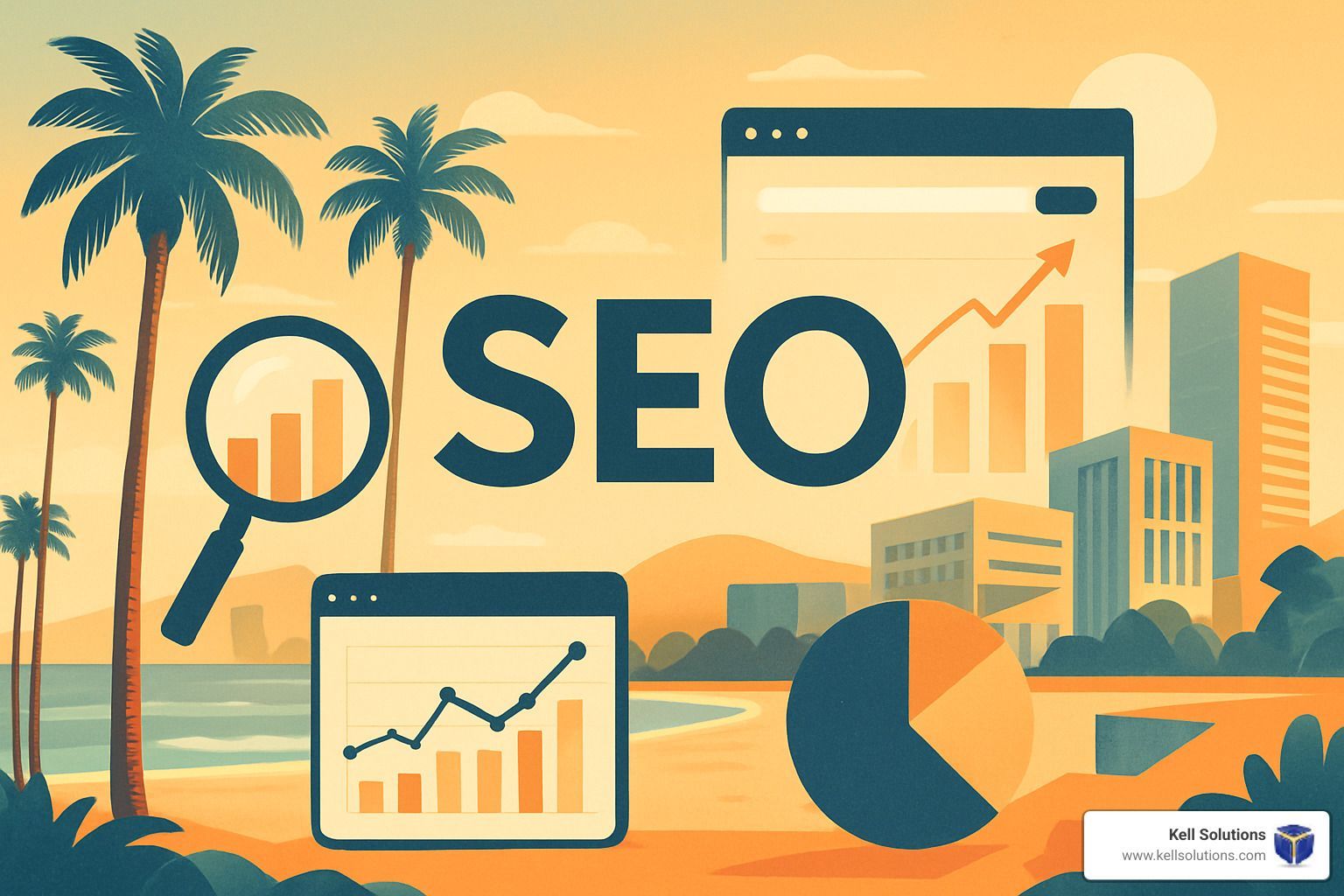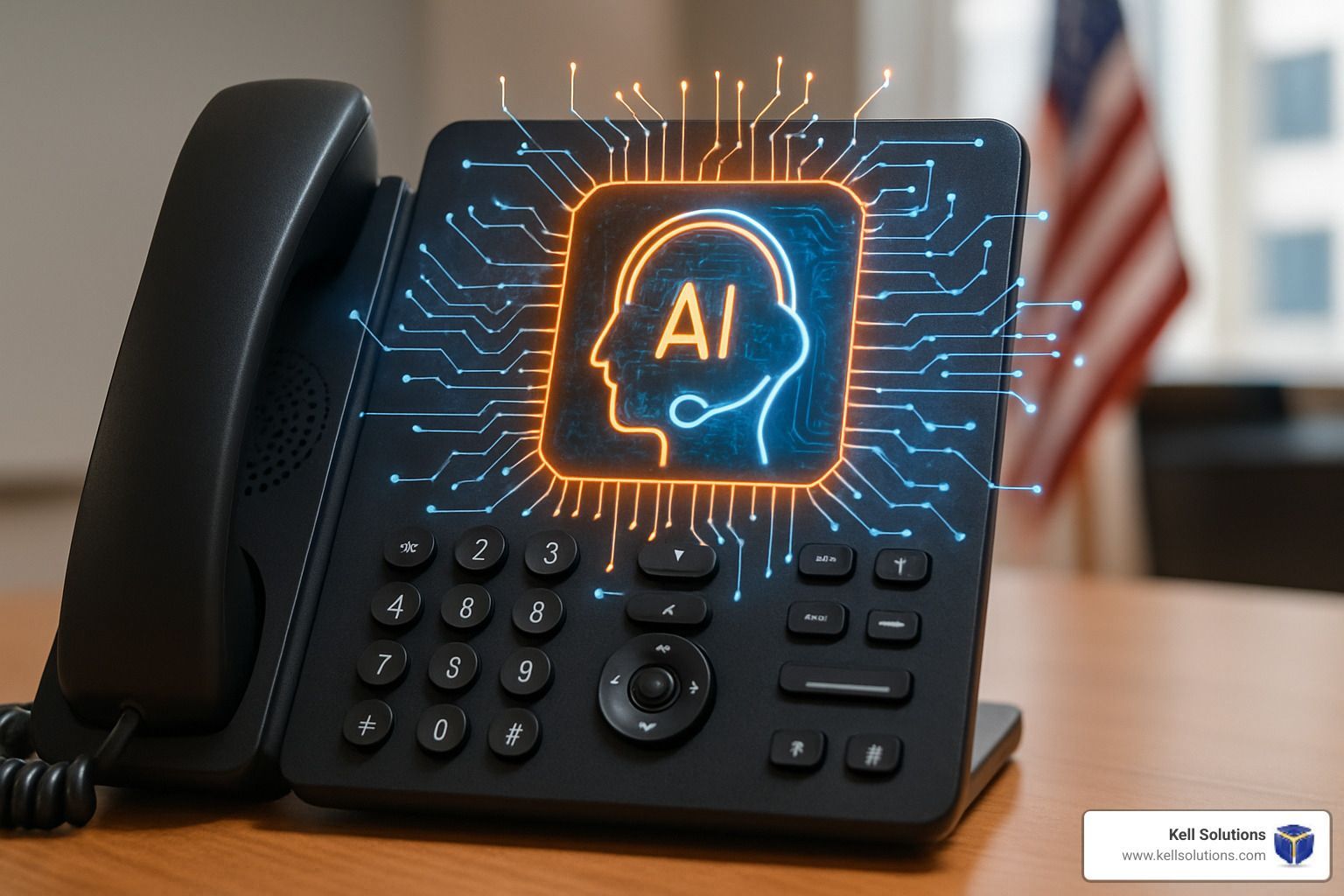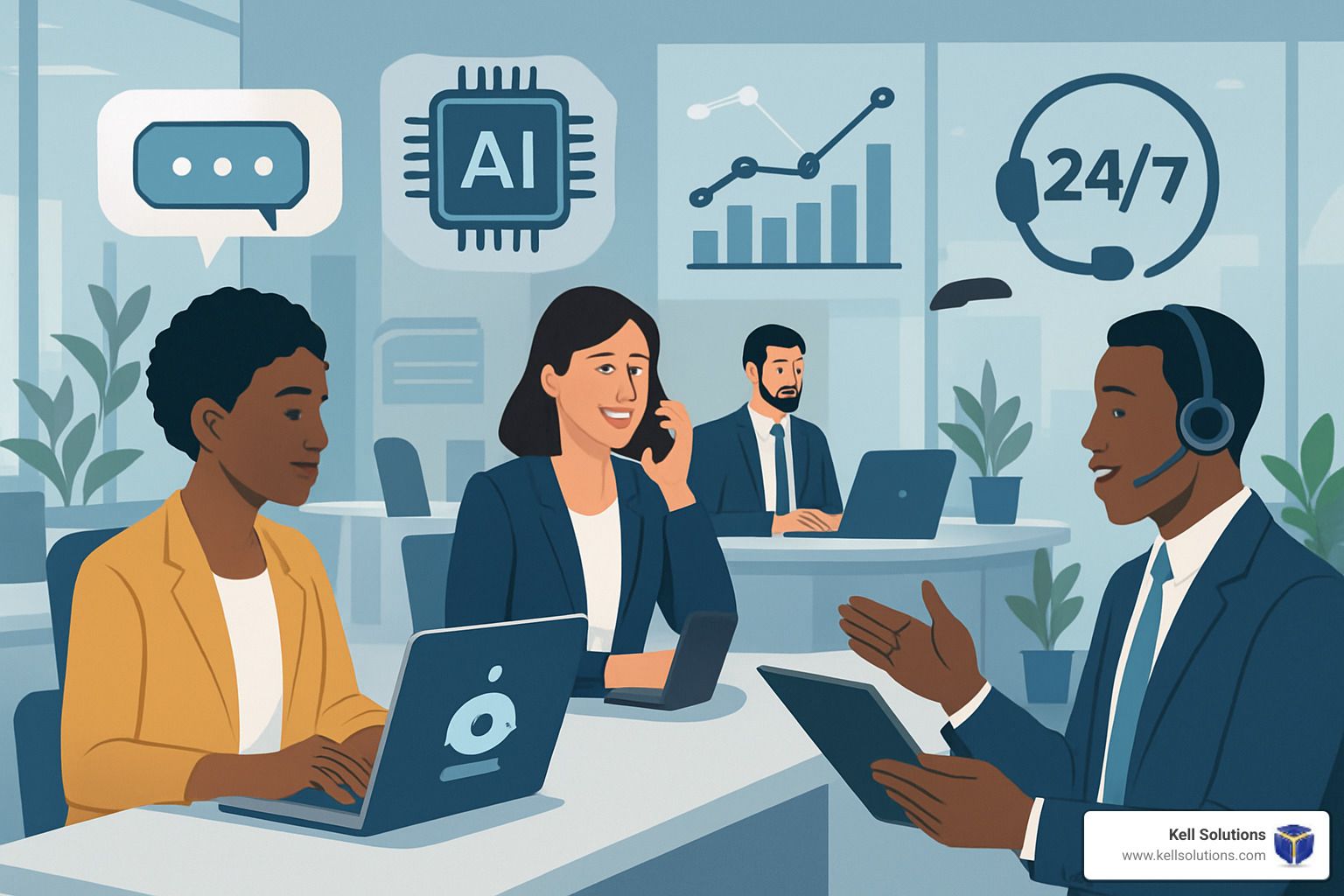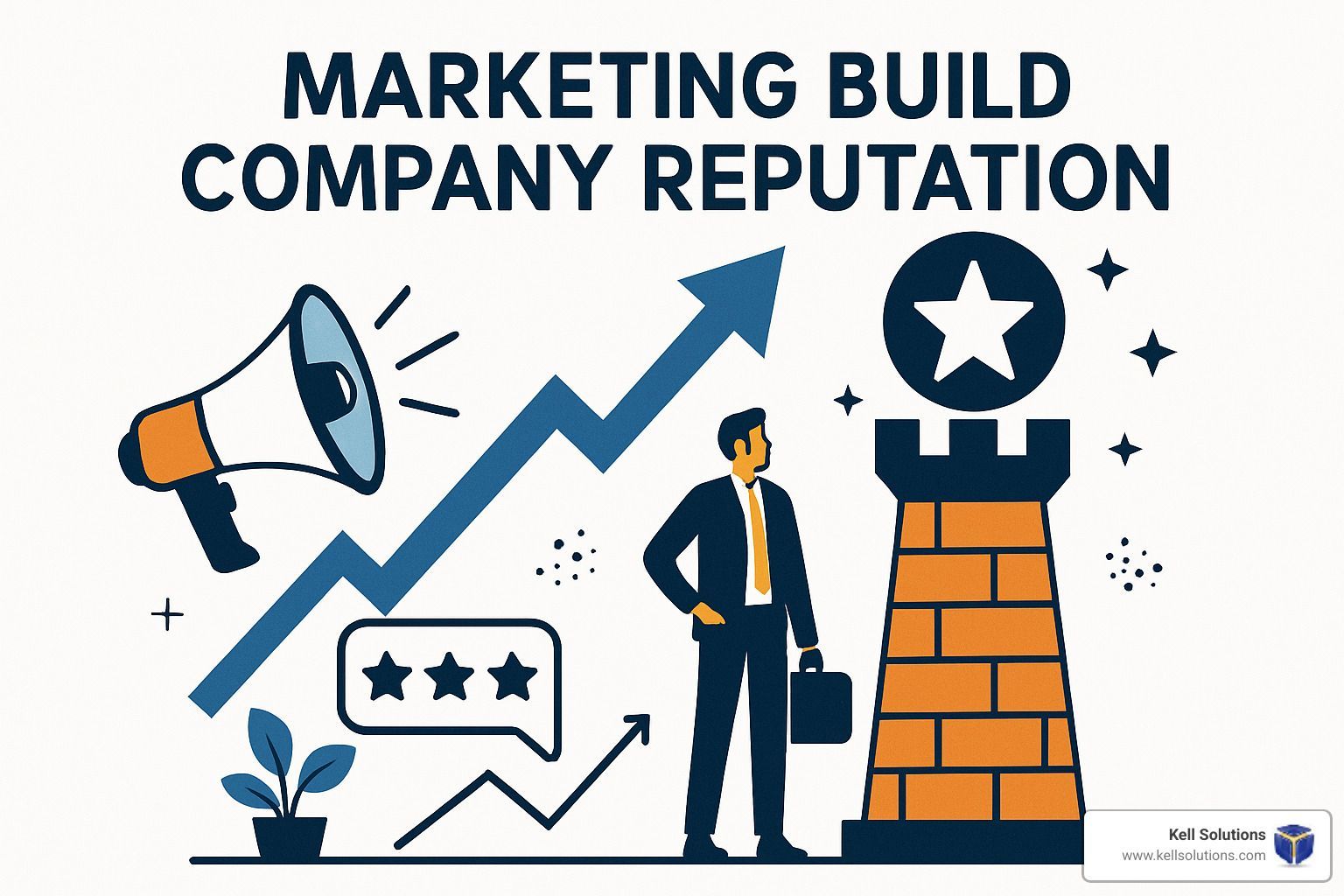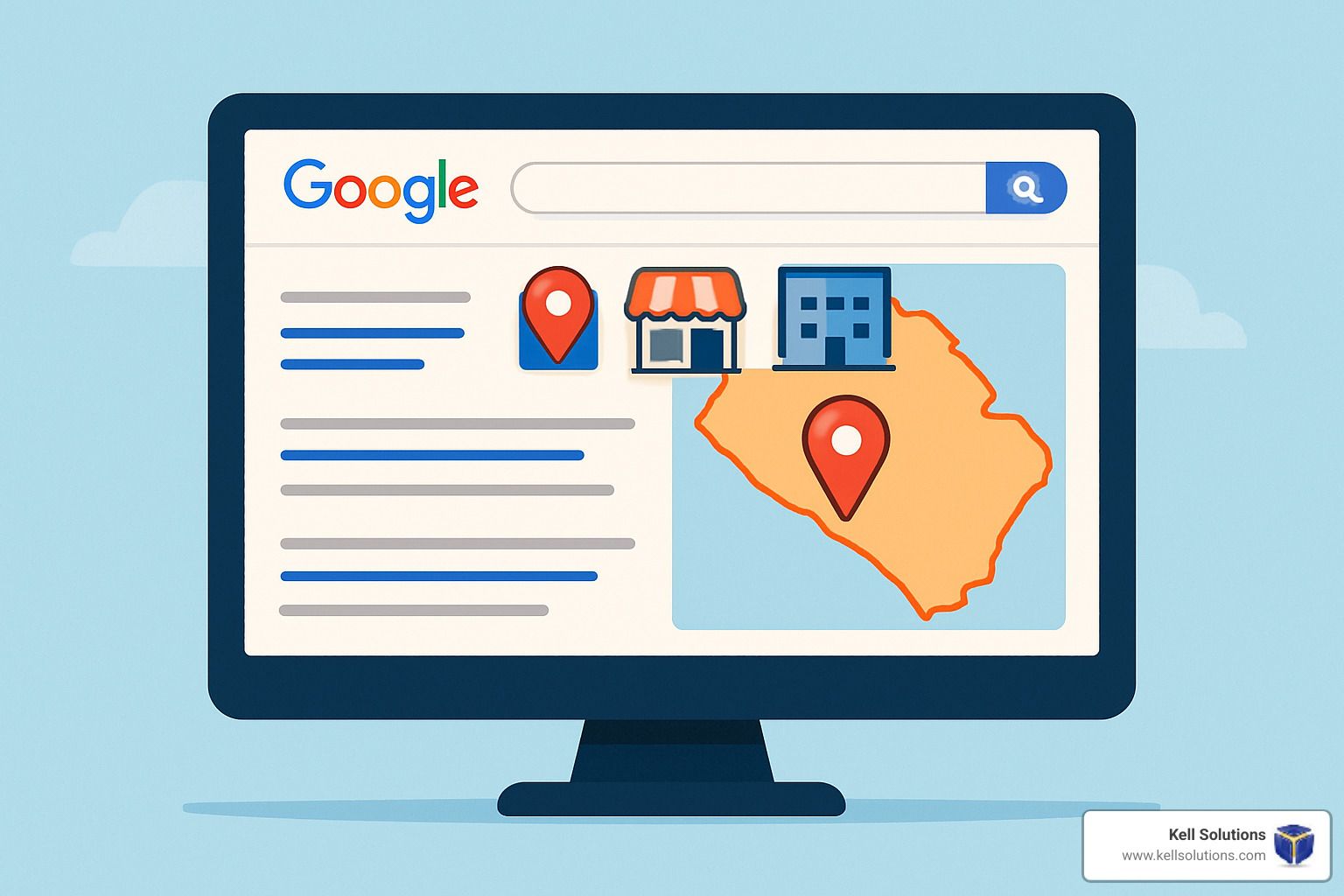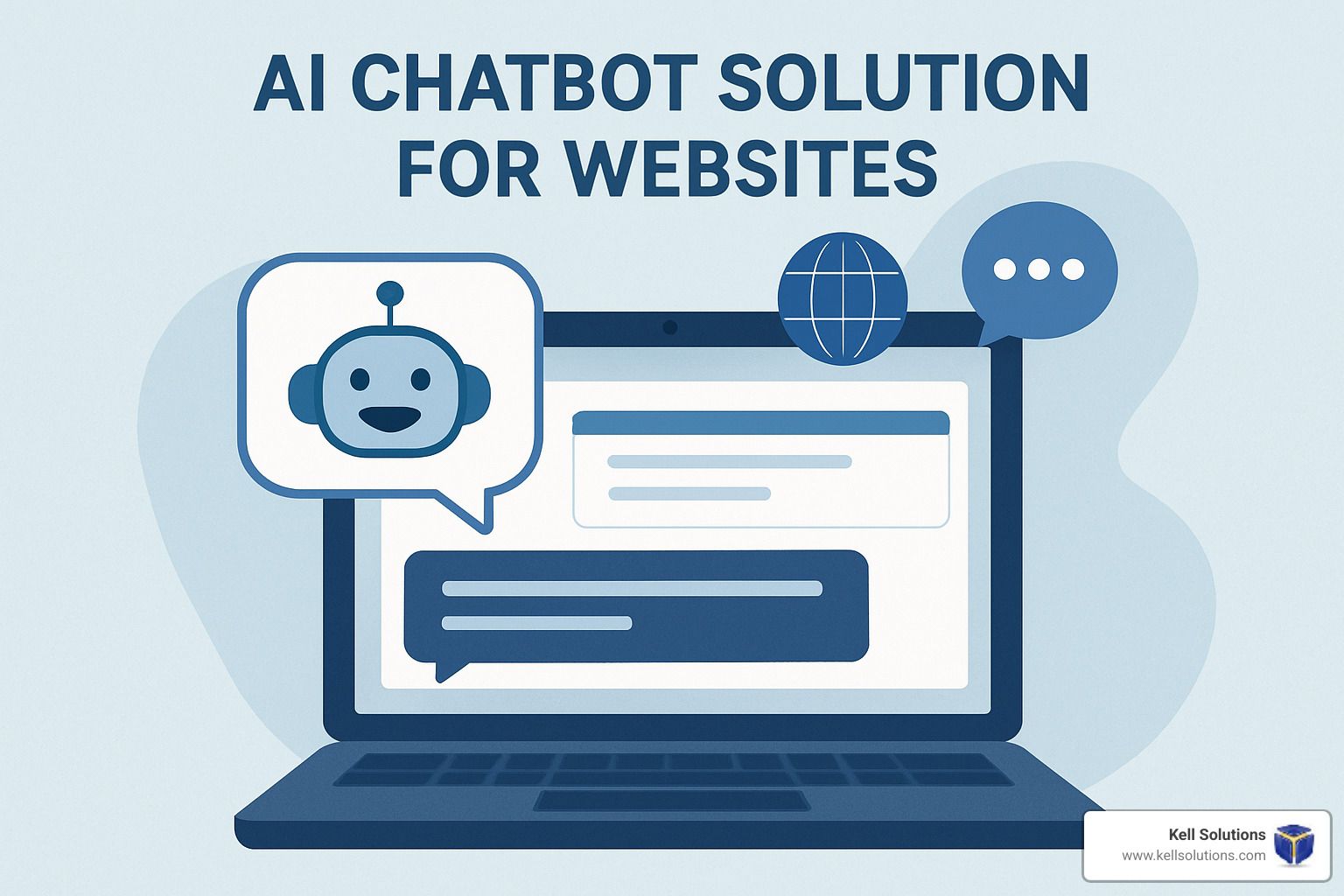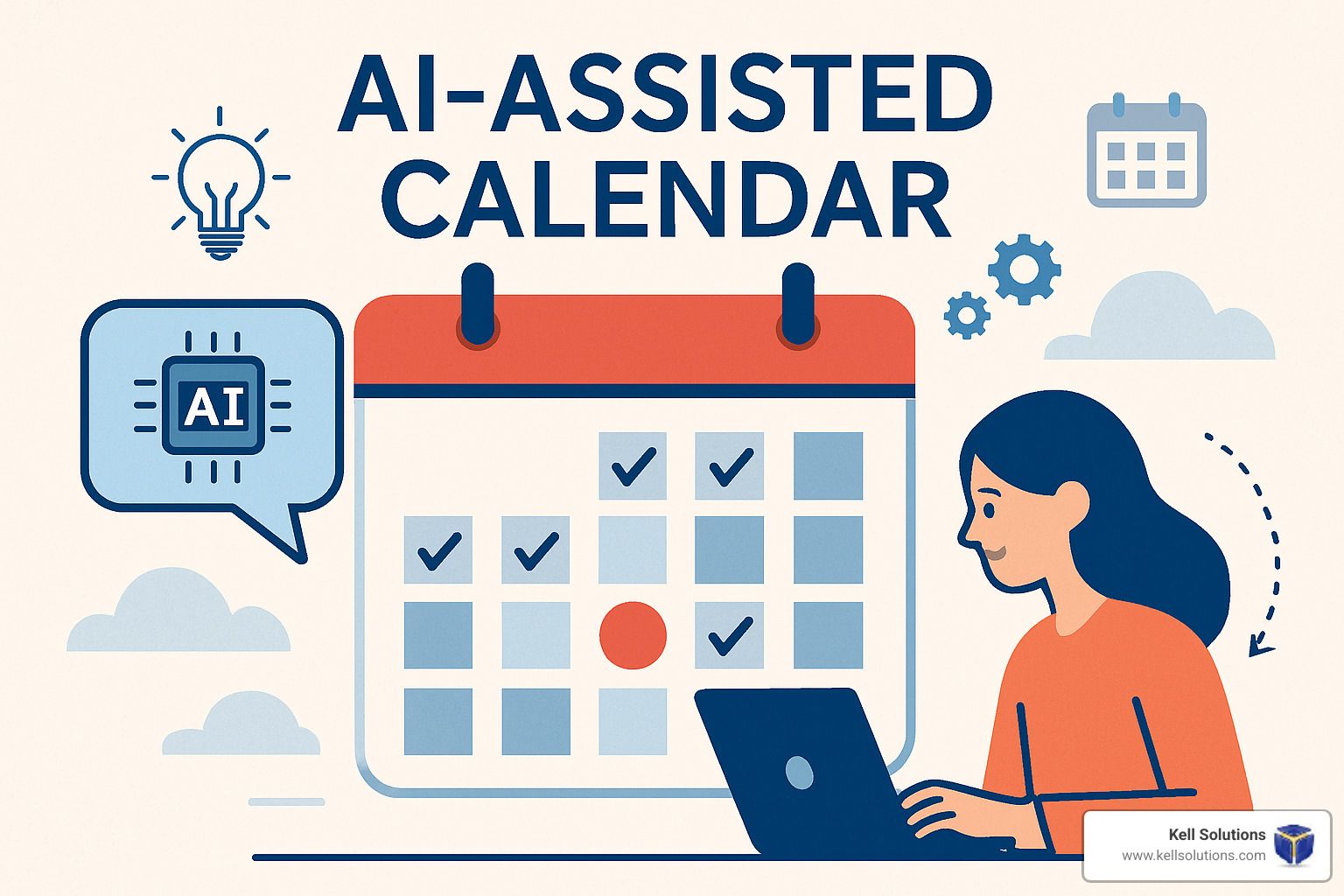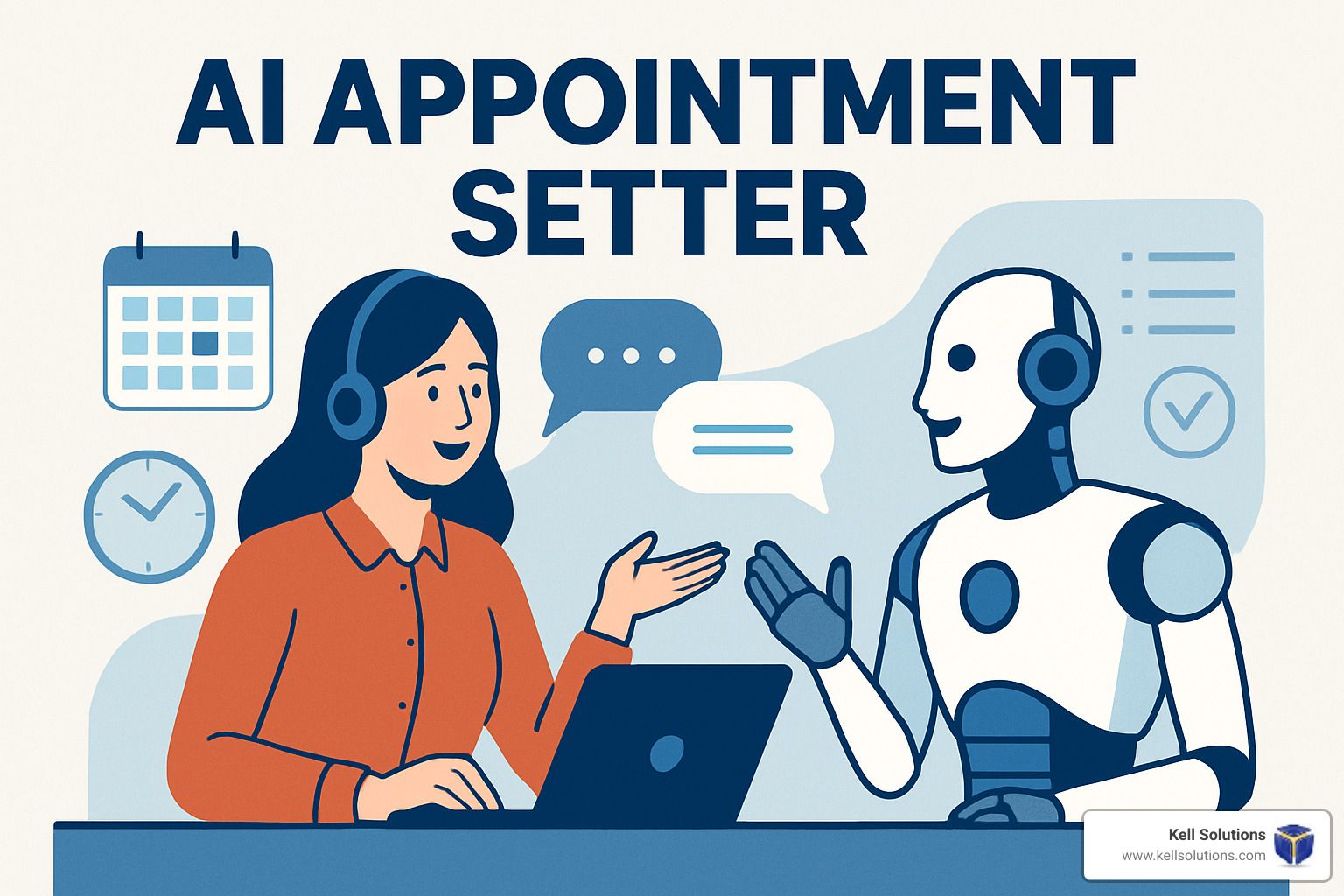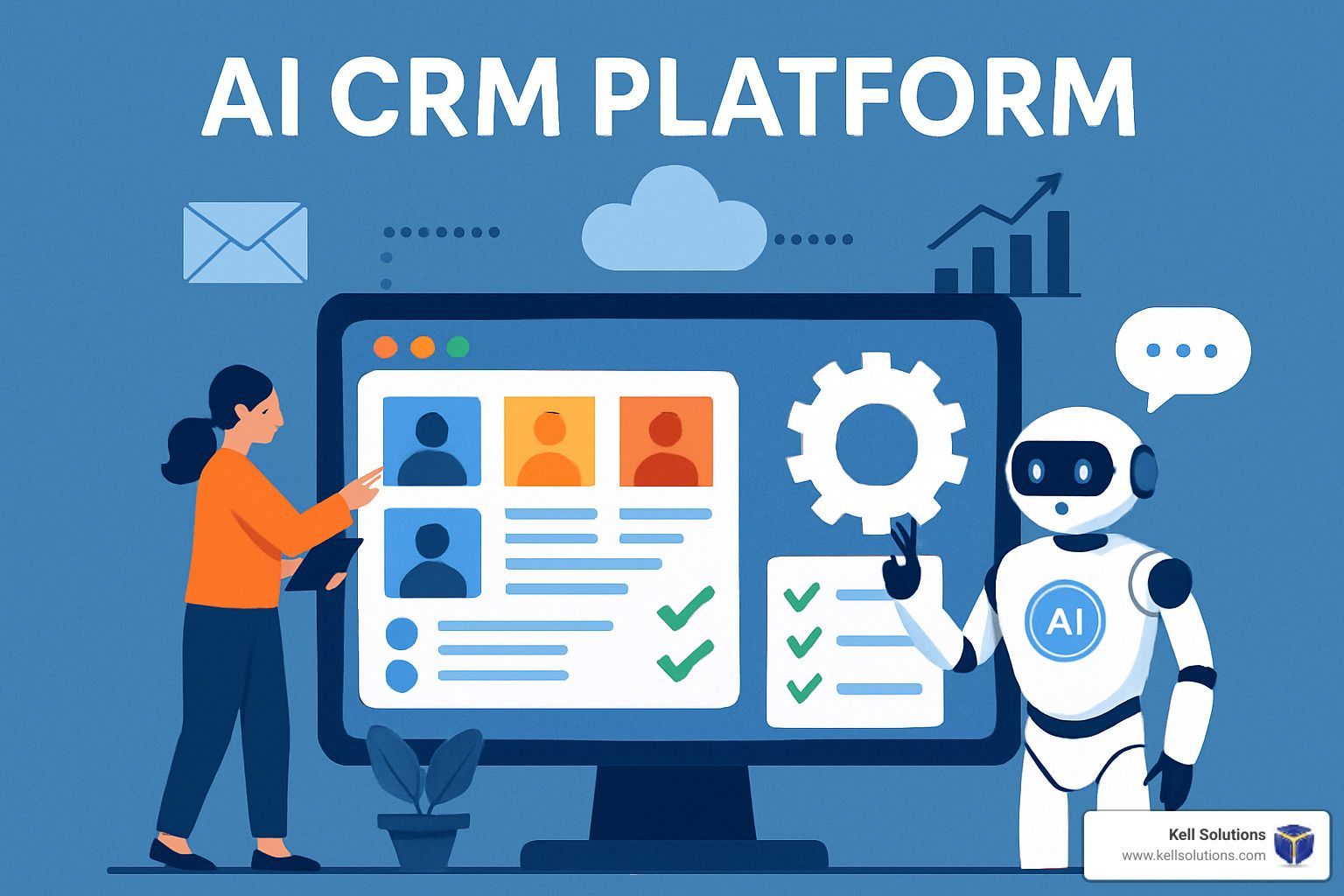Digital Transformation in the Hottest Industries of 2025
The rapid pace of digital transformation is redefining industries across the globe, enabling businesses to innovate, adapt, and thrive in an increasingly technology-driven world. By 2025, some of the most exciting advancements will be seen in sectors such as healthcare, manufacturing, and retail. The integration of advanced technologies like artificial intelligence (AI), the Internet of Things (IoT), and cloud computing is not only enhancing operational efficiency but also reshaping customer experiences and creating new opportunities for growth.
Technology in Healthcare: Telemedicine and Health Analytics
One of the industries most profoundly impacted by digital transformation is healthcare. The adoption of telemedicine has surged, allowing patients to consult with doctors remotely through video calls and secure messaging platforms. This shift has made healthcare more accessible, particularly for those living in remote or underserved areas. Telemedicine also reduces the burden on healthcare facilities, freeing up resources for more critical cases.
In addition to telemedicine, health analytics is playing a pivotal role in modern healthcare. With the help of AI and machine learning, healthcare providers can now analyze patient data to predict disease outcomes, customize treatment plans, and even prevent potential health crises before they occur. Wearable devices and IoT sensors are enabling real-time monitoring of patient vitals, ensuring timely intervention and reducing hospital readmission rates. This focus on data-driven healthcare is transforming the way providers approach patient care, making it more proactive and personalized.
Technological Advancements in Manufacturing and Automation
Manufacturing is another industry witnessing a significant digital transformation. The rise of smart factories, where machinery and equipment are connected through IoT networks, is driving higher levels of automation and efficiency. Technologies such as robotics, 3D printing, and machine learning are enabling manufacturers to optimize production processes, minimize waste, and respond to changes in demand more flexibly.
Automation is also reducing the need for manual labor in repetitive and dangerous tasks, improving safety and productivity. Furthermore, advancements in supply chain management are streamlining logistics and inventory management, resulting in shorter lead times and lower costs. Predictive maintenance, powered by AI, allows manufacturers to foresee equipment failures and perform timely repairs, preventing costly downtimes and extending the lifespan of machinery. As a result, digital transformation is reshaping manufacturing into a more agile, responsive, and cost-efficient industry.
Impact of Technology on Retail: E-commerce and Omnichannel Strategies
The retail industry is no stranger to digital disruption, but by 2025, it’s expected to embrace even more technological advancements. E-commerce continues to grow exponentially, with online sales accounting for a significant share of total retail revenue. To stay competitive, retailers are adopting omnichannel strategies that seamlessly integrate online and offline experiences. This includes options like Buy Online, Pick Up In-Store (BOPIS), curbside pickup, and same-day delivery, which cater to evolving consumer preferences.
Retailers are also leveraging AI-driven analytics to gain deeper insights into customer behavior, enabling personalized marketing and product recommendations. In-store technologies, such as smart shelves, interactive displays, and cashier-less checkout systems, are enhancing the shopping experience and reducing friction at every stage of the customer journey. These innovations are empowering retailers to provide more engaging, convenient, and efficient services, ultimately driving customer satisfaction and loyalty.
Digital transformation is rapidly altering the landscape of key industries, with healthcare, manufacturing, and retail at the forefront of this evolution. From the rise of telemedicine and health analytics in healthcare to automation and smart factories in manufacturing, and the adoption of omnichannel strategies in retail, technology is enabling these sectors to operate more efficiently and deliver enhanced experiences.
As we move towards 2025, businesses must continue to embrace these advancements to remain competitive and capitalize on the new opportunities that digital transformation brings.
FAQs
1. How is telemedicine changing healthcare delivery?
Telemedicine allows patients to consult with healthcare providers remotely, making medical care more accessible and reducing the strain on physical healthcare facilities.
2. What technologies are driving automation in manufacturing?
Technologies like IoT, robotics, machine learning, and 3D printing are enabling higher levels of automation, optimizing production processes, and minimizing waste in manufacturing.
3. What is an omnichannel strategy in retail?
An omnichannel strategy integrates multiple shopping channels (online and offline) to provide a cohesive and seamless customer experience, such as offering options like BOPIS and curbside pickup.
4. How does AI improve customer experience in retail?
AI enables retailers to analyze customer behavior and preferences, allowing for personalized marketing, product recommendations, and improved in-store and online experiences.
5. What are the benefits of predictive maintenance in manufacturing?
Predictive maintenance helps manufacturers predict equipment failures, perform timely repairs, and reduce costly downtimes, enhancing overall operational efficiency.

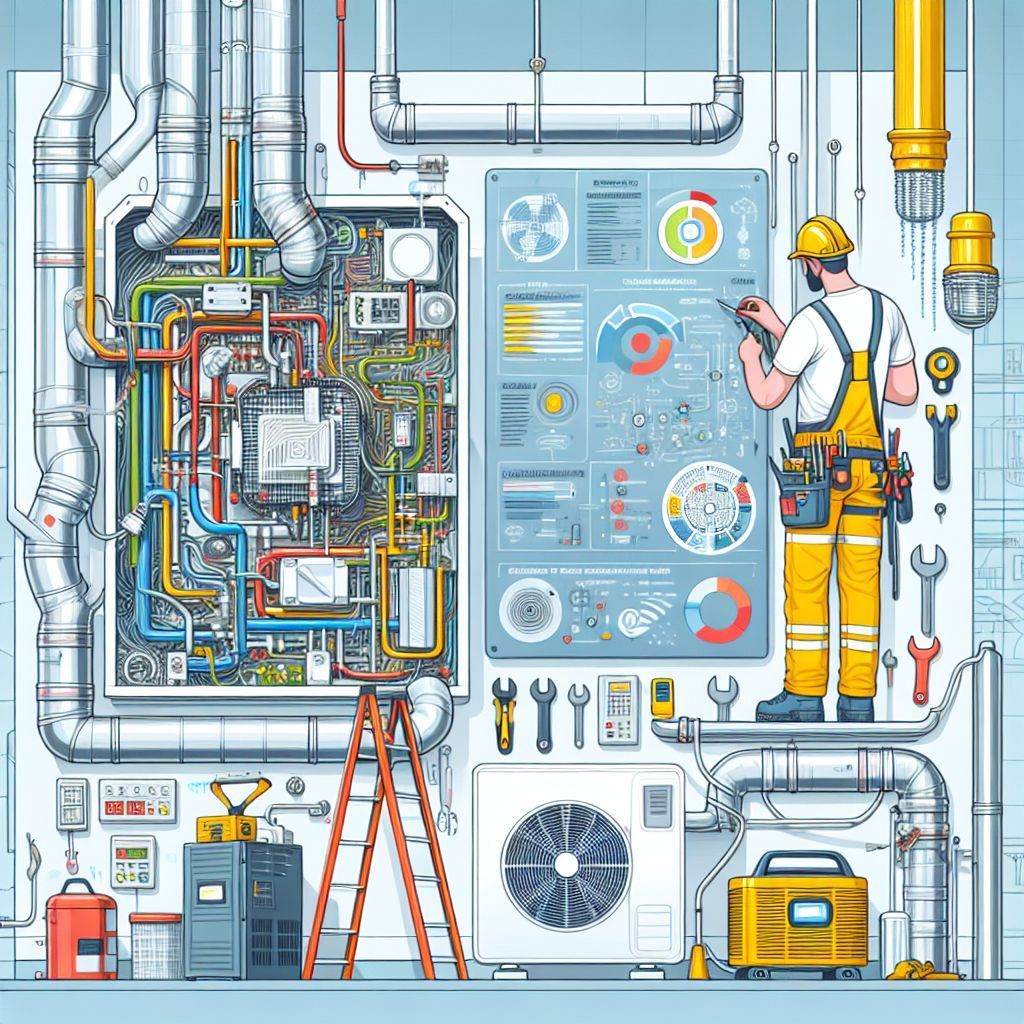
Orange County HVAC Google AI Overview Domination: 7 Proven Strategies to Capture Featured AI Results


